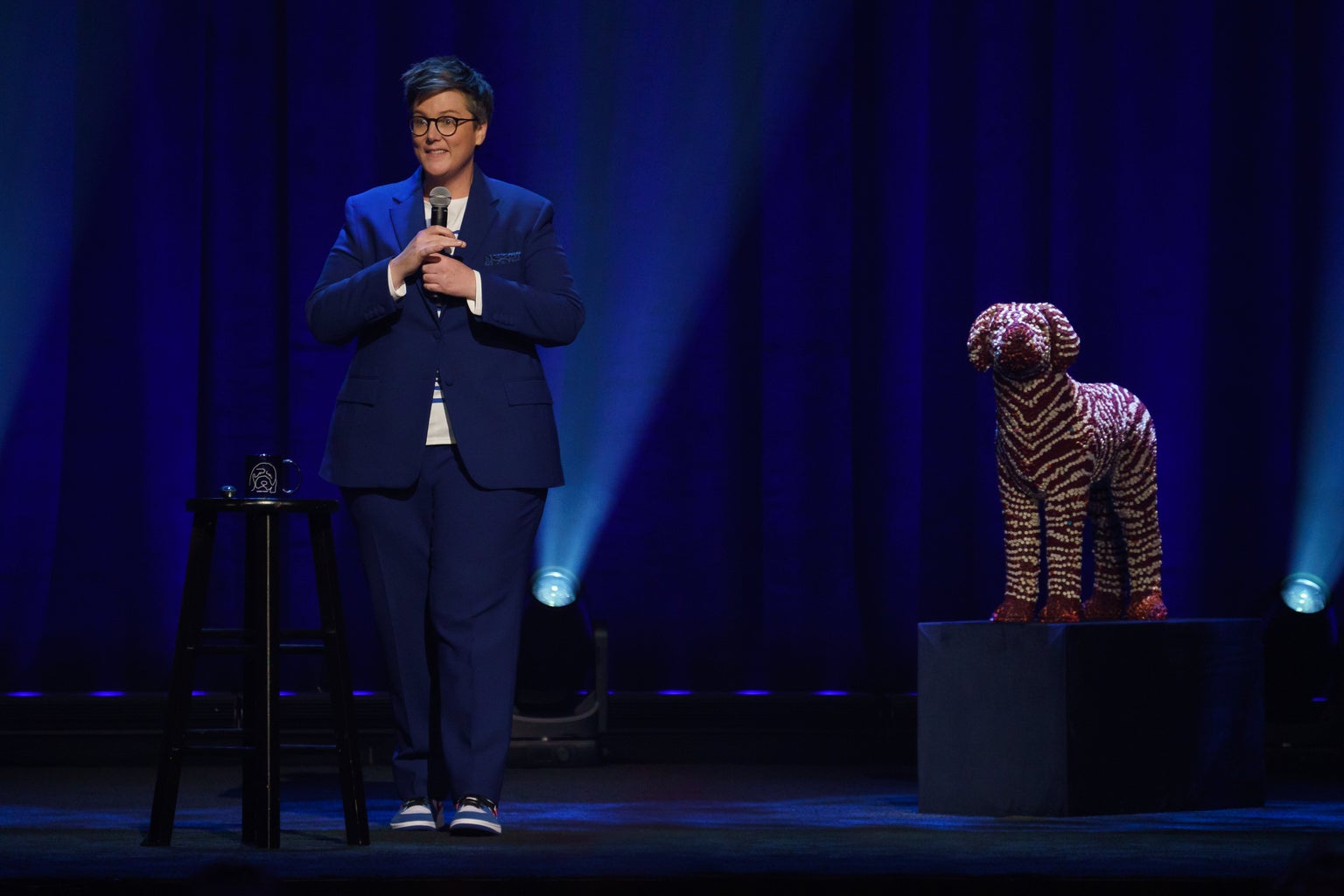Back in August, I attended Ricky Gervais’ Armageddon tour. In the opening act, comedian Sean McLoughlin quipped, “There’s a big debate about offensive comedy. You all bought tickets for tonight, so we know where you stand.” What followed was roughly an hour of crude jokes about wildly contentious subjects. And McLoughlin was right. I laughed at every minute of it.
But this got me thinking. I don’t find the subjects themselves funny, but I laughed at the show. It’s generally acceptable to indulge in shows like Family Guy or South Park, yet individuals still fear the backlash of offensive jokes. We all love to claim sensitivity amid tragedy, but this doesn’t stop Twitter from making memes. So, what defines whether a joke is acceptable? What are the rules of comedy?
There exist many formulas that claim to outline the boundaries of acceptable jokes. Joking only about your own identity, punching up instead of down, just to name a few. But these do not seem to capture the nuances of comedy. If inoffensiveness is necessarily a condition of a good joke, there is no explanation for the success of comedians like Gervais. Maintaining that the world must never offend seems like a good way to never find peace, and nobody wants that. We don’t have to laugh at every joke, but we can’t get rid of something just because it offends us either.
Labelling a joke intrinsically offensive neglects the subjective nature of offence. Offence is a feeling that follows from a perceived violation of social norms. It is inherently subjective. Sure, we often have good reason to be offended and others will agree that our reaction is appropriate, but that does not make it any less subjective. This makes it very difficult for comedians to predict what they can say without facing backlash. The only way to certainly avoid backlash is then to never say anything that may offend anyone. This has dire implications not only for comedians, but for academics, politicians, and society in general.
It is important to acknowledge the polarizing nature of enforcing a strict moral standard upon something as personal and subjective as humour. At the end of the day, humour is nothing if not a reflection of the absurdities and irony each individual perceives in the world, and the world itself is quite offensive. Joking about a subject and condoning it are not necessarily the same. The subject of the joke is not always the target. To quote Gervais, “If you can’t joke about the most horrendous things in the world, what’s the point of jokes? What’s the point in having humor? Humor is to get us over terrible things.”
That is not to say that humour is an excuse to say intentionally hurtful things under the guise of a joke. It is only to say that there is no way to definitively judge an entire subgenre of comedy; moral quality depends on context. Jokes should be judged on a case-by-case basis. What is appropriate onstage at a comedy club may not be appropriate in the workplace. Individuals are not free from the social consequences of their comedy. While we all have the freedom to say what we want, other people have the freedom to react. I am merely saying that all comedy has a moral right to exist.
So, what are the rules of comedy? In short, there can be none. While the intentions behind the policing of offensive comedy are no doubt pure, it is impractical and irresponsible to assert that offensive content should not exist. We all have the right to offend, and we all have the right to be offended. We don’t have to find every joke funny, but we all must learn to control our knee-jerk reactions and understand that the purpose of good comedy is not to hurt people. The world will remain offensive regardless of the jokes we make, but it might be a brighter place if we all just learned to laugh at it.




